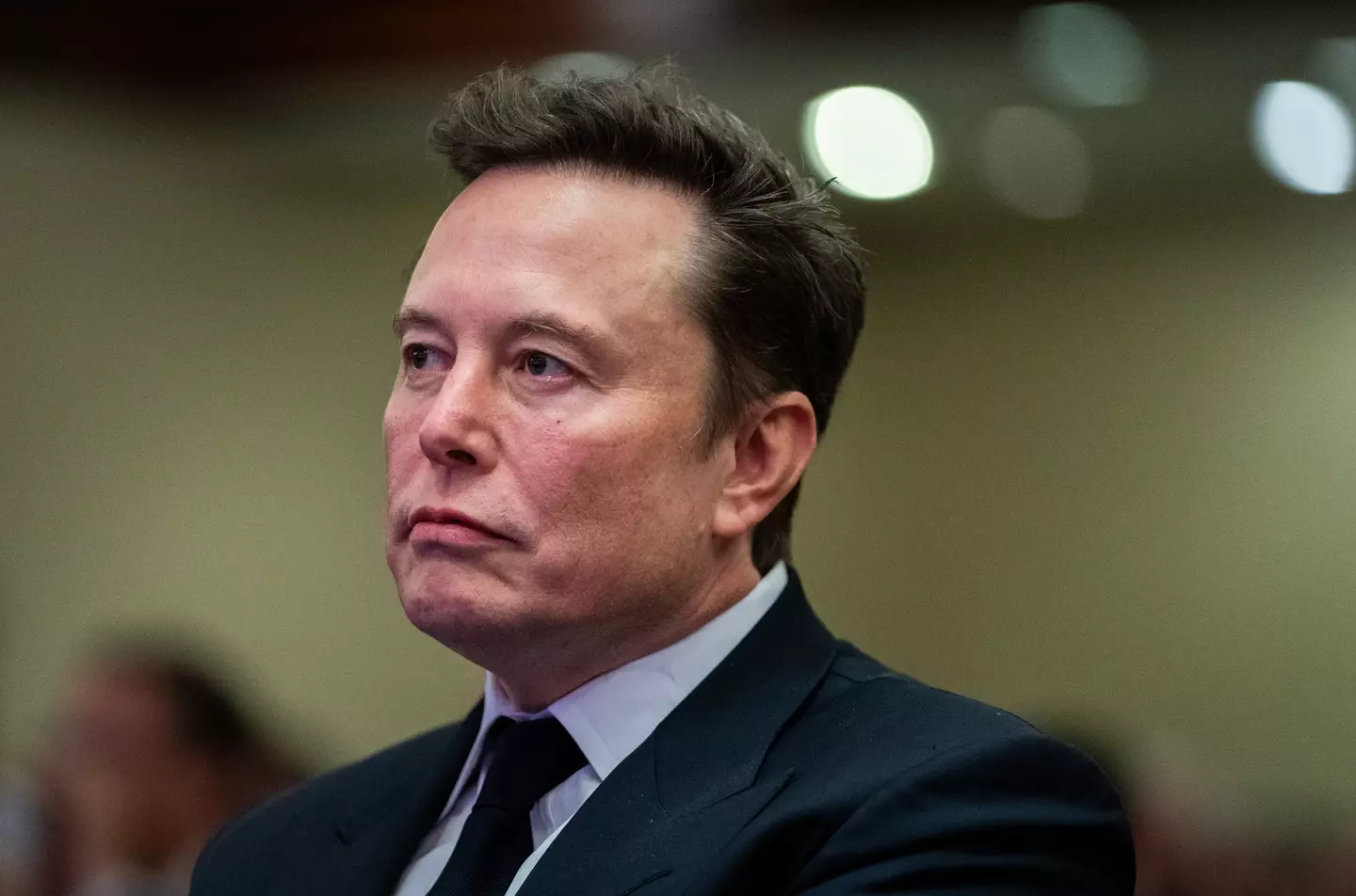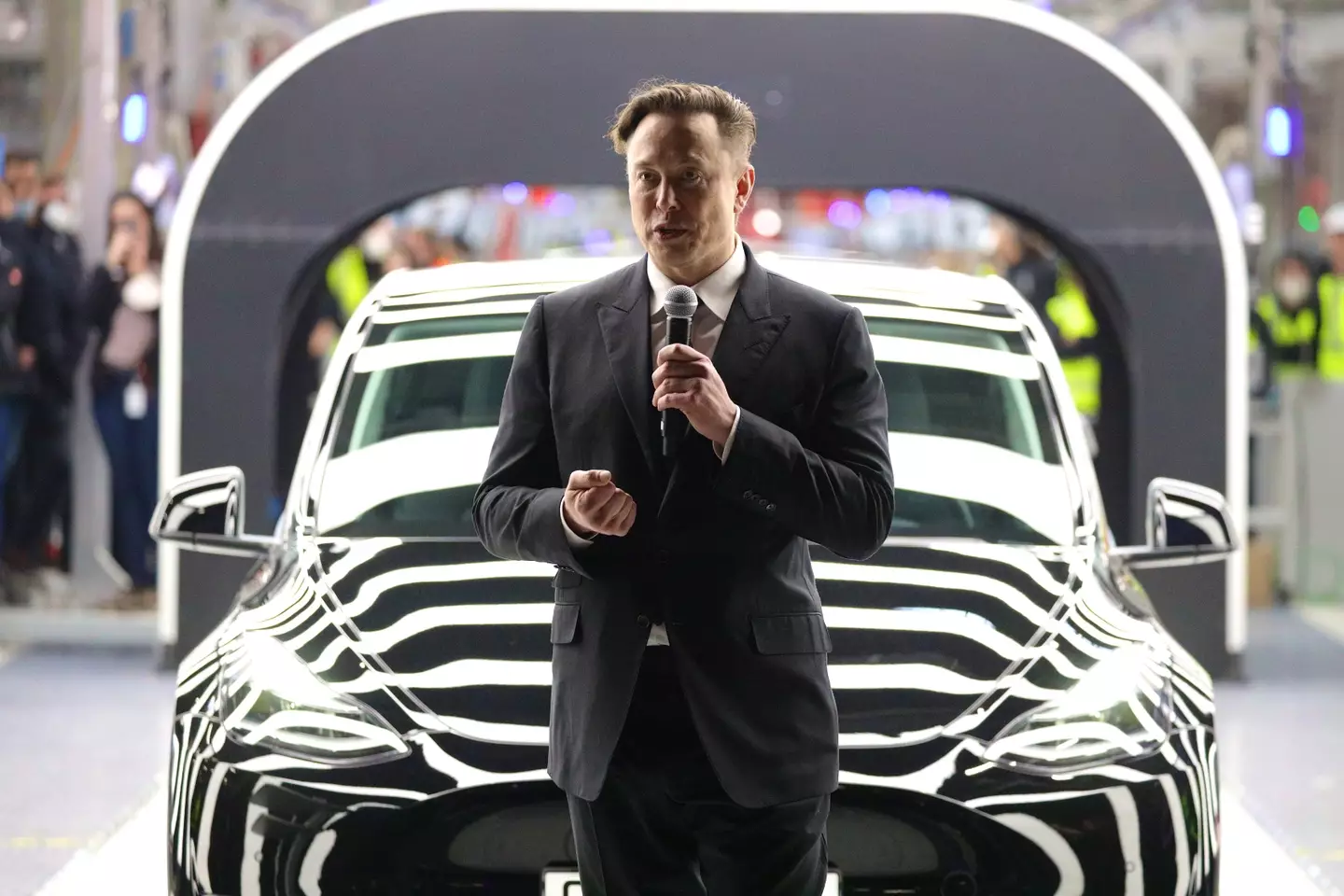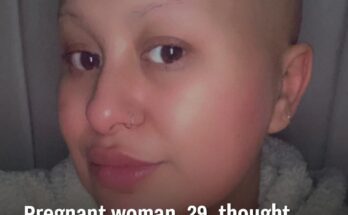While appearing as a guest on Sophia Bush’s Work in Progress podcast, Michelle Obama opened up about the freedom she’s felt since leaving the White House and stepping away from the role of First Lady—particularly when it comes to making decisions for herself.
“For the first time, I’ve been able to make choices just for me,” she shared. “The interesting thing is that when I say ‘no,’ for the most part, people are like, ‘I get it,’ and I’m okay.”
Michelle reflected on the pressure women often feel to meet others’ expectations. “That’s the thing we as women struggle with—disappointing people,” she said.
She went on to address the rumors surrounding her marriage to Barack, attributing them to society’s discomfort with women exercising autonomy. “People couldn’t even fathom that I was making a choice for myself, so they had to assume that my husband and I were divorcing,” she explained.
The former First Lady pointed out that the speculation came from a deeper societal issue: “It couldn’t just be a grown woman making a set of decisions for herself. That’s what society does to us. And if it doesn’t fit into the stereotype of what people think we should do, then it gets labeled as something negative and horrible.”

Tesla could have to make a hefty payout (Allison Robbert-Pool/Getty Images)
However, nearly a decade later, that promise has yet to materialize—and there’s little indication it will anytime soon.
In 2022, a judge set a notable precedent by ordering Tesla to upgrade a customer’s self-driving computer at no cost, allowing them to access Tesla’s Full Self-Driving (FSD) program without additional charges.
This ruling was significant given Tesla’s original claim that all vehicles produced in 2016 would come equipped with “the necessary hardware for full self-driving capability.” Based on that promise, owners of those vehicles should already possess all the hardware required to access advanced FSD features.
Adding to the controversy, in January of this year, Elon Musk admitted that the HW3 (Hardware 3) computer—installed in millions of Teslas—is not powerful enough to support true, unsupervised self-driving.
As a result, the judge’s decision may ultimately benefit the roughly 4 million Tesla owners with HW3 systems, potentially paving the way for broader eligibility for free hardware upgrades.

Tesla could opt to simply pay out to car owners but this comes with its own issues(Christian Marquardt – Pool/Getty Images)
Replacing these computers, however, could prove to be an extremely costly undertaking for Tesla. The HW3 hardware is found across multiple models—from the Model 3 to the Model X—making the scale of the potential upgrade immense.
Each replacement would require precise engineering to integrate the new hardware, and according to industry estimates reported by International Business Times, the total cost could exceed $10 billion.
Alternatively, if Tesla opted to offer financial compensation instead of hardware upgrades, that too would present challenges—particularly in determining fair payouts for customers, some of whom purchased the Full Self-Driving (FSD) package years ago with the expectation of future capabilities.
In a worst-case scenario, Tesla’s failure to satisfactorily address the issue could spark further lawsuits and contribute to an erosion of customer trust in the brand.
UNILAD has contacted Tesla for comment.


